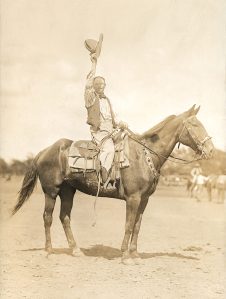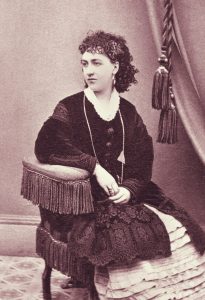Reviewed by Peter S. Carmichael
By Joshua Lawrence Chamberlain
Fame for his actions at Little Round Top has overshadowed the rest of Joshua Chamberlain’s historical résumé. Admirers and critics alike tend to reduce his wartime contributions to a single but decisive moment on July 2, 1863. The Bowdoin College professor is partially to blame for this distortion, as he touted his Little Round Top heroics with evangelical fervor. The publication of The Killer Angels reinforced the perception that Chamberlain’s military career reached its pinnacle at Gettysburg. If one looks beyond the rocky slopes of Little Round Top, however, and surveys Grant’s last offensive in Virginia, Joshua Chamberlain stands out as one of the Army of the Potomac’s finest brigade commanders. His actions were indispensable to the eventual capture of Lee’s army.
In keeping with Chamberlain’s penchant for self-promotion, he wrote extensively about his exploits during the Petersburg and Appomattox campaigns. Unfortunately, his narrative of the final months of the war, titled The Passing of the Armies: An Account of the Final Campaign of the Army of the Potomac, Based upon Personal Reminiscences of the Fifth Army Corps, was not published until 1915, one year after the general’s death. While the vast majority of Civil War memoirs read like a dry military report, Chamberlain’s prose captures the erratic pulse of combat, and the sudden ebb and flow of events. Chamberlain’s creative use of present tense places the reader in the ranks, making him feel like a participant rather than a passive observer who is casually listening to war stories around a cozy fire.
The violence and chaos of war is palpable on every page. Among the most compelling sections is Chamberlain’s account of the Union attack at White Oak Road on March 31, 1865, which also conveys the role of contingency in historical events. Chamberlain presses the reader to understand that the sheer determination of individuals, rather than luck or impersonal forces, decided the battle’s outcome. He was responding to Lost Cause claims that Southern defeat was the inevitable result of superior Northern resources and manpower.
The Passing of the Armies has long been recognized for its evocative description of Lee’s surrender at Appomattox. Although some historians have questioned the accuracy of Chamberlain’s account, it remains a valuable historical document. Not only does the Appomattox chapter provide an authentic rendering of the emotions that men on both sides felt at the close of hostilities, but it also provides important insight into how Northerners reconstructed the Civil War as a conflict between American brothers. In promoting national unity, Chamberlain created a mythical Civil War in which a shared spirit of manliness drew Northerners and Southerners together. But the desire for reconciliation required Chamberlain to confine to the dustbin of history an indisputable fact: The revolutionary act of emancipation had made reunion possible. To address the issue of black freedom, however, would have required him to acknowledge that a united nation had abandoned its newest free citizens. Chamberlain, like most Northerners, preferred to celebrate an Americanism of superior manliness rather than confront the politically divisive issues of race and class that had been left unresolved after the Civil War.




